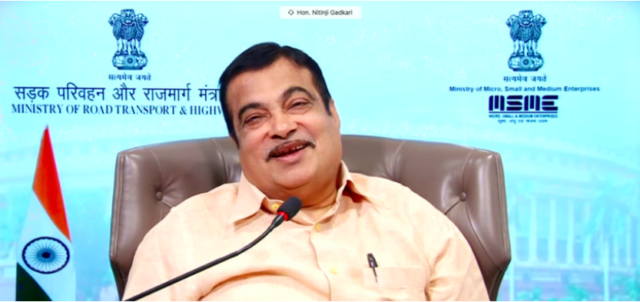Union minister for Minister of Micro, Small and Medium Enterprises Nitin Gadkari had made a statement in december that the Micro, Small and Medium Enterprises Ministry is considering fresh plans and laws to find a solution of the receivables issue as outstanding dues are creating working capital problem for the sector.
Addressing the All India Association of Industries, last week the minister said, “All MSME receivables should be paid within 45 days. Delayed payment is a major problem faced by MSMEs. We are thinking to bring a law to protect their interests.” The minister added that the Indian government is making a proposal to introduce legislation, mandating public sector undertakings (PSUs) to settle the dues of MSMEs within 45 days of sale. MSME receivables are one of the major challenges faced by small business owners. These delayed payments lead to a working capital lockdown, which, in turn, creates a lot of mismanagement of resources, money, and operations despite the capital flow.
As part of the Aatmanirbhar Bharat package announced in May, MSME dues from central government agencies and CPSEs should have been paid in 45 days. The COVID-19 pandemic crippled the MSME sector significantly, impacting their financial health. The Rs 20 lakh-crore Aatmanirbhar Bharat stimulus package, which rolled a slew of schemes, including the Rs 3 lakh-crore collateral-free loan, brought some relief to the sector, especially after the small business owners saw a 20 to 30 percent decline in their revenues because of the pandemic.
On Wednesday, the finance ministry said that banks sanctioned an additional Rs 15,571 crore under the Emergency Credit Line Guarantee Scheme (ECLGS 2.0) to MSMEs that were impacted by the coronavirus pandemic. In a tweet, the ministry said the Centre announced ECLGS 1.0 to provide financial support to MSMEs and ECLGS 2.0 to guarantee credit support for stressed sectors.










